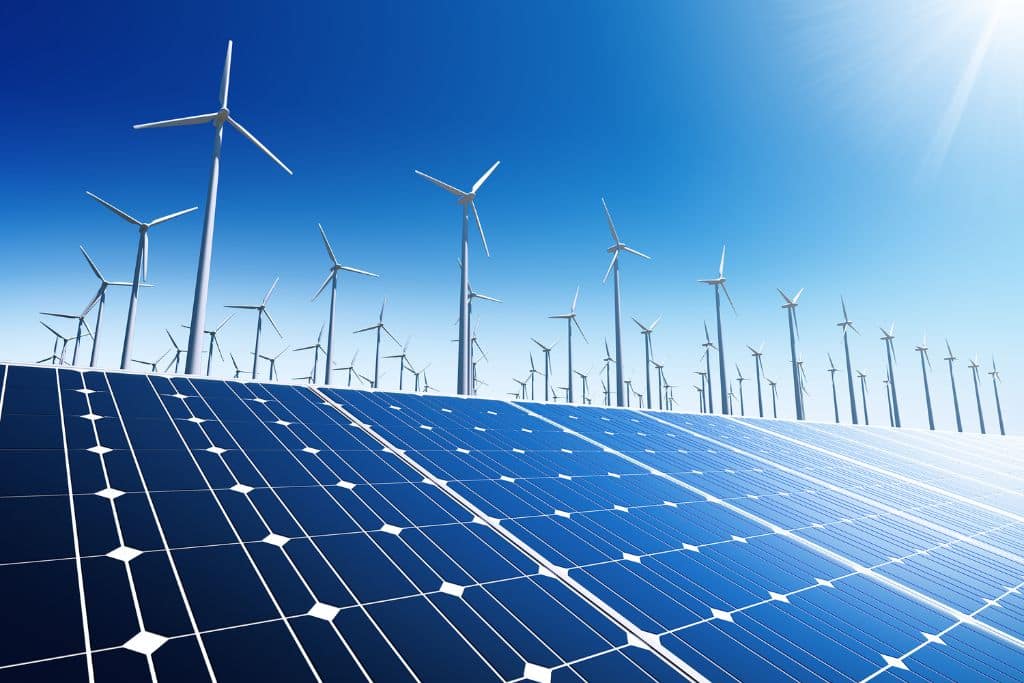The IEA wants to reduce the amount of water used for creating energy worldwide.
The IEA suggests using renewable energy sources like wind and solar panels instead of fossil fuels such as oil, gas, and coal to decrease water usage in the energy industry.
In a documentary for the 2024 World Water Day, the agency pointed out that the energy sector uses a lot of water, especially during a time when the world is facing substantial water issues.
The IEA stated that the world has a significant water problem, and only a third of the population does not experience water scarcity for at least one month a year.
The organization estimated that around 370 billion cubic meters of water were withdrawn by the global energy system in 2021.
Using the analogy of swimming pools, the IEA explained that this amount would be equivalent to about 150 million Olympic swimming pools, which is possibly more than the total number of swimming pools in the world.
The agency explained that as energy demand increases, the need for fresh water is likely to also increase.
The IEA highlighted that the energy sector requires water for cooling during fossil fuel production and for refining critical minerals used in clean energy technologies like batteries or wind generators. Clean energy technologies with low emissions, such as concentrated solar power, carbon capture or storage, and nuclear power plants, all have relatively high water footprints.
The agency noted that transitioning to a system that relies more on wind and solar panels would lead to a decrease in water usage by the energy sector.
The agency emphasized that if there is competition for water, people's needs will take priority. If there is a water shortage, water for energy cooling may be one of the first things to be reduced.
The IEA cautioned that the energy sector should be ready to use less water to avoid limitations in delivering reliable energy.
The PUNCH reports that the IEA has been advocating for a shift from fossil fuels to cleaner alternative energy sources.
Yet, the Organisation of the Petroleum Exporting Countries and some African countries believe the world will still rely on fossil fuels to meet its energy demands.



